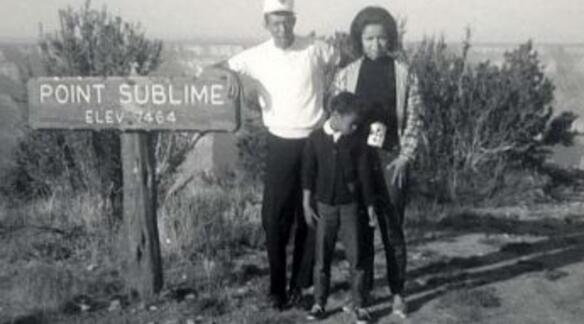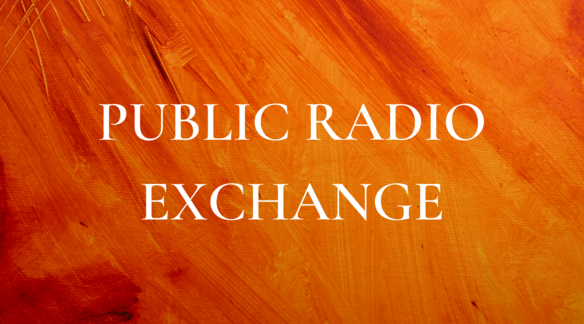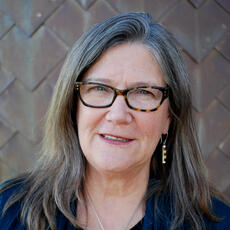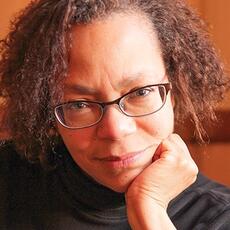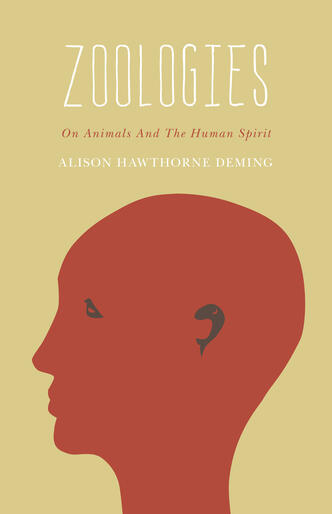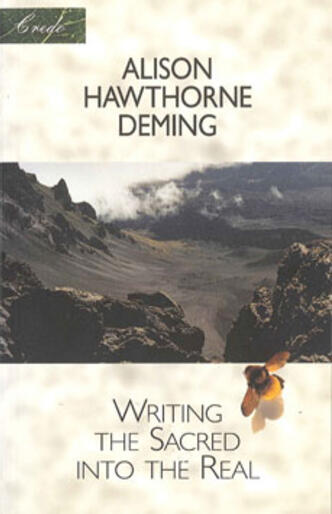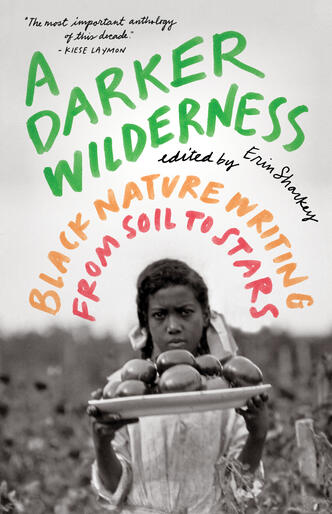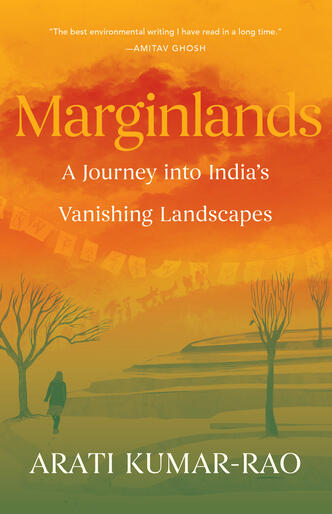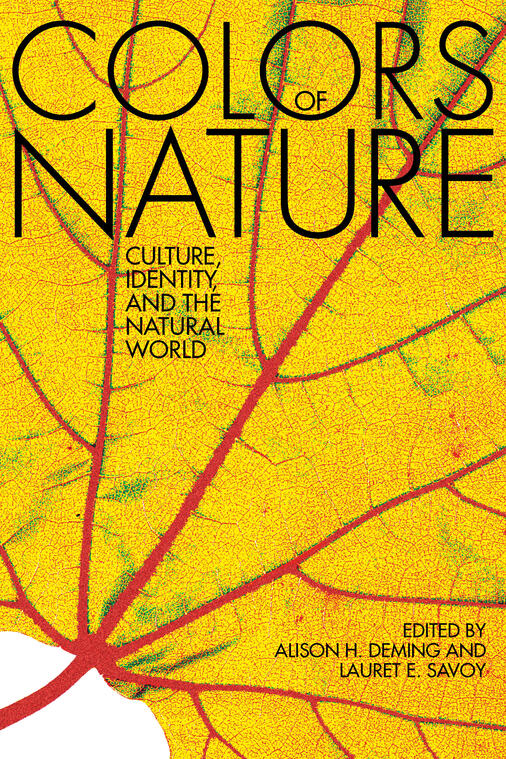
The Colors of Nature
From African American to Asian American, indigenous to immigrant, “multiracial” to “mixedblood,” the diversity of cultures in today’s world is reflected in our richly various stories—stories of creation and destruction, displacement and heartbreak, hope and mystery. For centuries, this richness has been widely overlooked by readers of environmental literature.
Featuring work from more than thirty contributors of widely diverse backgrounds—including Jamaica Kincaid on the fallacies of national myths; Robin Wall Kimmerer on the language of the natural world; Yusef Komunyakaa connecting the toxic legacy of his Louisiana hometown to a blind faith in capitalism; and bell hooks relating the quashing of multiculturalism to the destruction of “unpredictable” nature—The Colors of Nature works against the grain of this traditional blind spot by exploring the relationship between culture and place, emphasizing the lasting value of cultural heritage, and revealing how this wealth of perspectives is essential to building a livable future.
Bracing, provocative, and profoundly illuminating, The Colors of Nature provides an antidote to the despair so often accompanying the intersection of cultural diversity and ecological awareness.
